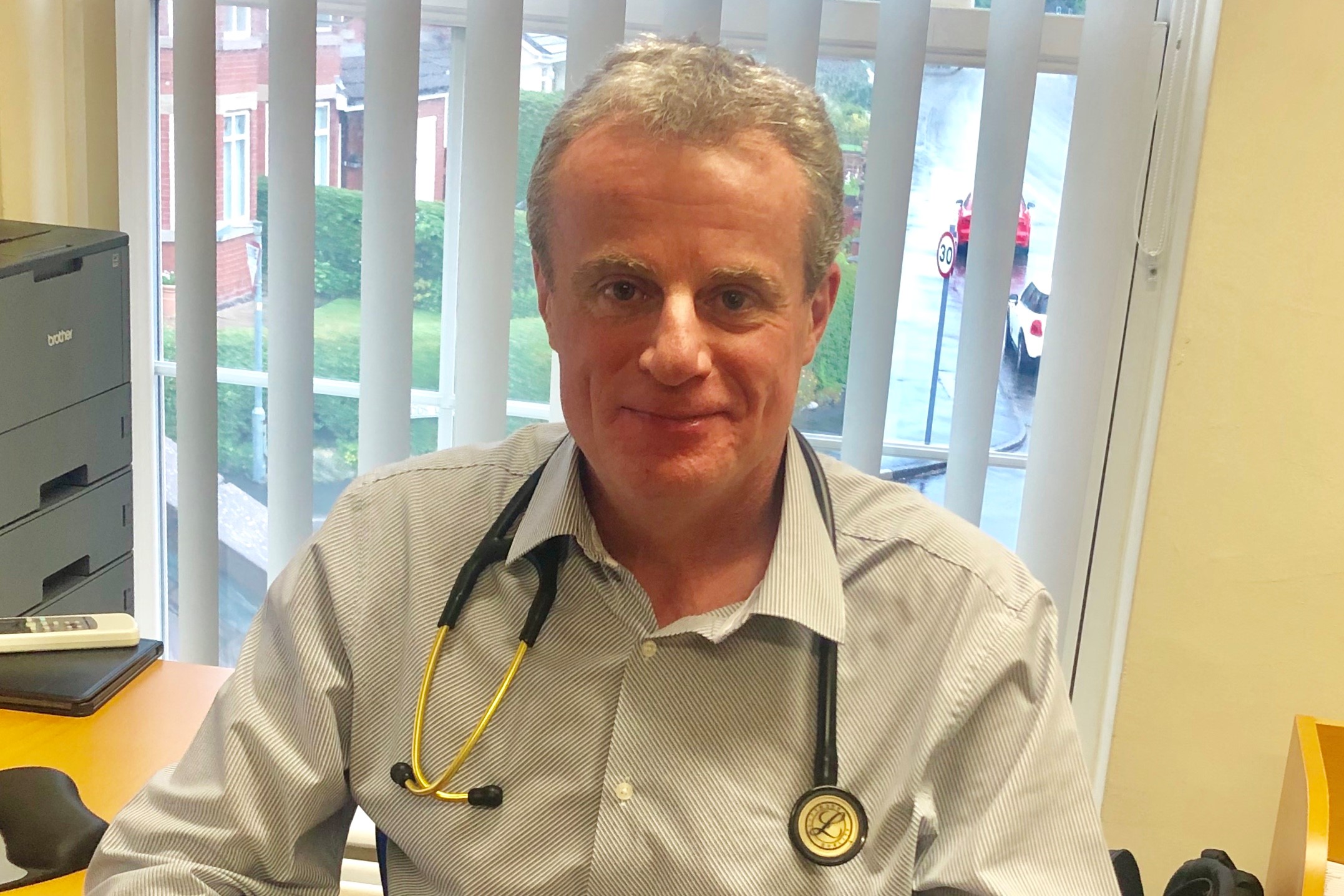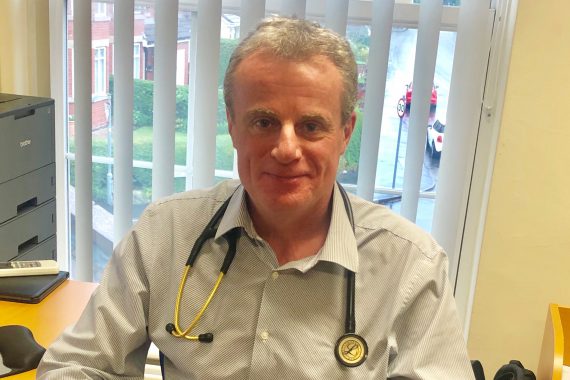
Our 11,000-patient ‘traditional’ GP practice in Liverpool came to the conclusion that we wouldn’t be signing up for the voluntary Network DES for 2019/20. We’re a close-knit suburban practice, with five partners and two salaried GPs. The partners came to this decision unanimously after asking ‘does it help us to run our practice?’
I sense a real watershed moment in primary care. I’ve been a ‘coalface’ GP partner for 23 years, and am conscious of a deep unease and uncertainty about the future among colleagues.
It’s generally agreed and unarguable that there is a crisis in general practice, centring around three key themes: increased demand on GPs, a reduced GP workforce and GP practice instability (organisationally and financially). Self-evidently, the solutions, from a GP perspective, should include less demand, more GPs and direct funding and resources to run services.
So collaborative working seems a tempting solution: working together towards positive common goals is clearly a ‘no-brainer’. It must follow, then, that those of us who don’t go along with it are dinosaurs who are resistant to progress, and being critical of networks is analogous to hating apple pie and Christmas.
I have seen the benefits of collaborative working. I was involved in running a GP co-operative in the pre-2004 days. Around 70 GPs came together, without fuss, to run out-of-hours services. GPs are, by nature, pragmatic, and we’ve been collaborating and networking for many years in an organic way. Being wary of formal PCNs doesn’t turn us into technophobic Luddites. Skill-mixing, changing how we interact with patients, better use of IT and improved communication and teamwork are vital for the survival of GP practices. Ours has and will continue to make effective changes in these areas.
Privately run behemoths are waiting in the wings to swoop in if PCNs fail
But here we get to the detail – the actual network DES contract document. It’s no Game of Thrones page-turner or Lennonesque work of synergistic human connections and creativity – it’s an inflexible document produced by senior NHSE managers and scrutinised by lawyers. This is the reality of PCNs. You may have spotted GPs come third in the target audience listed on page 2. There appears to be little understanding of the motivations, concerns and risk-taking responsibilities of independent contractor GP partners and their practices.
So, addressing the three themes above: does the DES reduce GP workload? No. The clue’s in the name – it’s an enhanced service. In the PCN contract, ‘GP workload’ appears only once, and there’s no mention of it being reduced. By contrast, ‘additional’ appears more frequently than Ant and Dec on TV. Member GPs are personally responsible for the provision of extended hours cover. There’ll be little surprise if each year, the contract escalates this responsibility until we’re back with 24/7 cover.
Does the PCN DES increase GP numbers? Again, no. The available GP-to-patient ratio will actually reduce as the clinical directors will be taking time out from frontline patient contact.
Does the PCN DES improve practice stability? This is more subjective. Each practice has its unique circumstances. In our case, the evidence is that it wouldn’t. The £1.76 PCN payment isn’t quite the incentive we’re looking for. It also does nothing to address our premises crisis or help us with new builds and their inhabitants, who all need medical services. Have you spoken with your practice manager recently? I guarantee they’re pulling their hair out trying to implement the requirements of the contract. This, of course, doesn’t apply to privately run behemoths with their directors and managers gleefully waiting in the wings to swoop in if PCNs fail.
Like John Lennon, I sense that I am not the only one. At the recent (excellent) Pulse LIVE event in Liverpool, a speaker asked for a show of hands of those who felt PCNs would be good for general practice. Of an audience of some 250 GPs, barely five raised their hands.
The only comparison in relation to the scale of change I can think of is the 2004 contract. At that time, there was a significant injection of money to practices, with the added bonus that we were no longer responsible for 24/7 care. You will recall that change was put to a vote before it was implemented (unlike the network DES). The 79% of GPs who approved understood that the changes were likely to increase workload, but that benefits would come via better financial stability and worklife balance. It seems these benefits have dwindled – along with GP numbers and money. NHS England and the Government now appear to be executing a U-turn from the 2004 contract by moving towards making GPs responsible for 24/7 cover again.
Maybe we can all live as one. But we are going to do so from outside the confines of the new networks.
Dr Phil Weston is a GP in Liverpool
Pulse October survey
Take our July 2025 survey to potentially win £1.000 worth of tokens
















